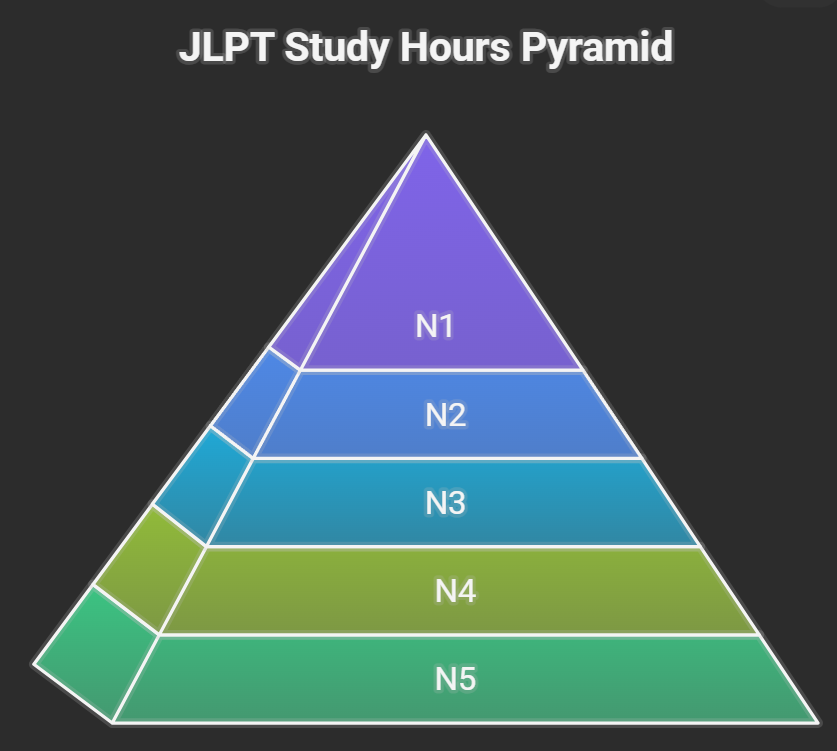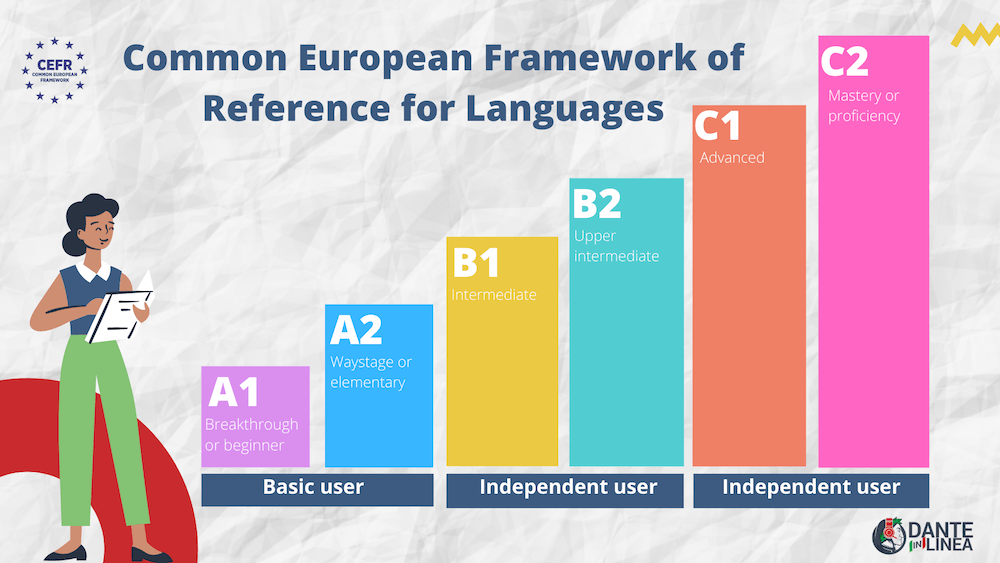Long Term Commitment
Yesterday, I did a short post about learning Japanese. I have no idea if I will ever be successful in saying 2 sentences in Japanese ever or not! However, the interesting thing was the response from people, either learning Japanese or another language or wanting to learn another language! I think I might have hit a chord with the language learning post. So I suddenly realized that this urge is in fact nothing to do with Japanese or any language learning at all; it is in fact finding a common ground about a long term commitment that many people dread, or wish for, or want to do and never does. I think that is what drives a lot of us.

That is me practicing Hiragana
When I looked up the relative difficulty of learning Japanese by an English speaker, it was trending fairly high on the list. Many places and websites say that Japanese is considered one of the hardest languages for English speakers to learn. Reaching fluency often takes years of dedicated study. I don't know about right or wrong on that. I know there are multiple native English speakers within our community who either lives in Japan or can speak Japanese fluently. @dbooster and @cryptomancer comes to find. Perhaps you guys will be a better judge of that than me. However, this scare tactics is working well for me as of now. Couple of reasons:
- I am not native English speaker
- The grammar and politeness level are inherent in India languages, I find it normal
- If you tell me something is difficult, that is typically a motivation for me

I have been able to list the cost-benefit table if you will as below. It typically helps me to think, as I study the Hiragana Mnemonic chart today. One website tells me, there is no need to practice writing Hiragana, while the other website suggests writing and practicing by hand. I always memorize better when I write. I have been a studious guy when I was in school back in the days in India, and we wrote volumes of stuff. They say math is not needed to be memorized? Well come talk to me! :)
| Benefits | Challenges |
|---|---|
| Access to Japanese culture | Complex writing system (kanji) |
| Better travel experiences in Japan | Difficult grammar and politeness levels |
| Career opportunities | Listening and pronunciation hurdles |
| Brain boost from learning | Few chances to practice outside Japan |
| Connect with Japanese speakers | Long time to reach fluency |
Why people are interested in learning new languages
I did a little bit of research on data from a couple a language websites I was visiting, mainly the Japan Foundation and 17-min Language, and they both had a lot of data on success and failure cases among adults learning Japanese.

By success they say, passable level, which means:
• Hold basic conversations on everyday topics (e.g., shopping, travel, introductions). • Understand and respond to simple spoken and written Japanese. • Use correct grammar and vocabulary in familiar situations. • Read and write using hiragana, katakana, and a few hundred common kanji.
This typically aligns with A2 or B1 level on the CEFR scale, or N5 to N4 level on the JLPT (Japanese Language Proficiency Test).
| JLPT Level | With Kanji Knowledge | Without Kanji Knowledge |
|---|---|---|
| N5 | 350 hours | 400 – 500 hours |
| N4 | 550 hours | 800 – 1,000 hours |
| N3 | 900 hours | 1,325 hours |
| N2 | 1,500 hours | 2,200 hours |
| N1 | 2,150 hours | 3,900 – 4,500 hours |
I made an infographic with napkin to visualize this table. If I take that 4500 hour number on the high end, and if I say I can dedicate 2 hours a day every day, then it is 6+ years!! Ok, I am definitely going with Kanji!

So, clearly this is a long term commitment, even if I consider N2 level, I am still looking at 3 years, and that is studying every single day, which is very unlikely. That explains the high failure rate on the first plot for sure.
Is there any good news?
Perhaps. It typically helps if the language learning coincides with a hobby. I don't think just travel will cut it. It got to be more than that. However, the same data sources give the age distribution of the Japanese learners, mean of 39 years with a std. deviation of 14. If I add 1 std. deviation to the mean, I get 53. Phew! That means I do fall in the 66% range, LOL! What a false sense of security!

Wish me good luck!


